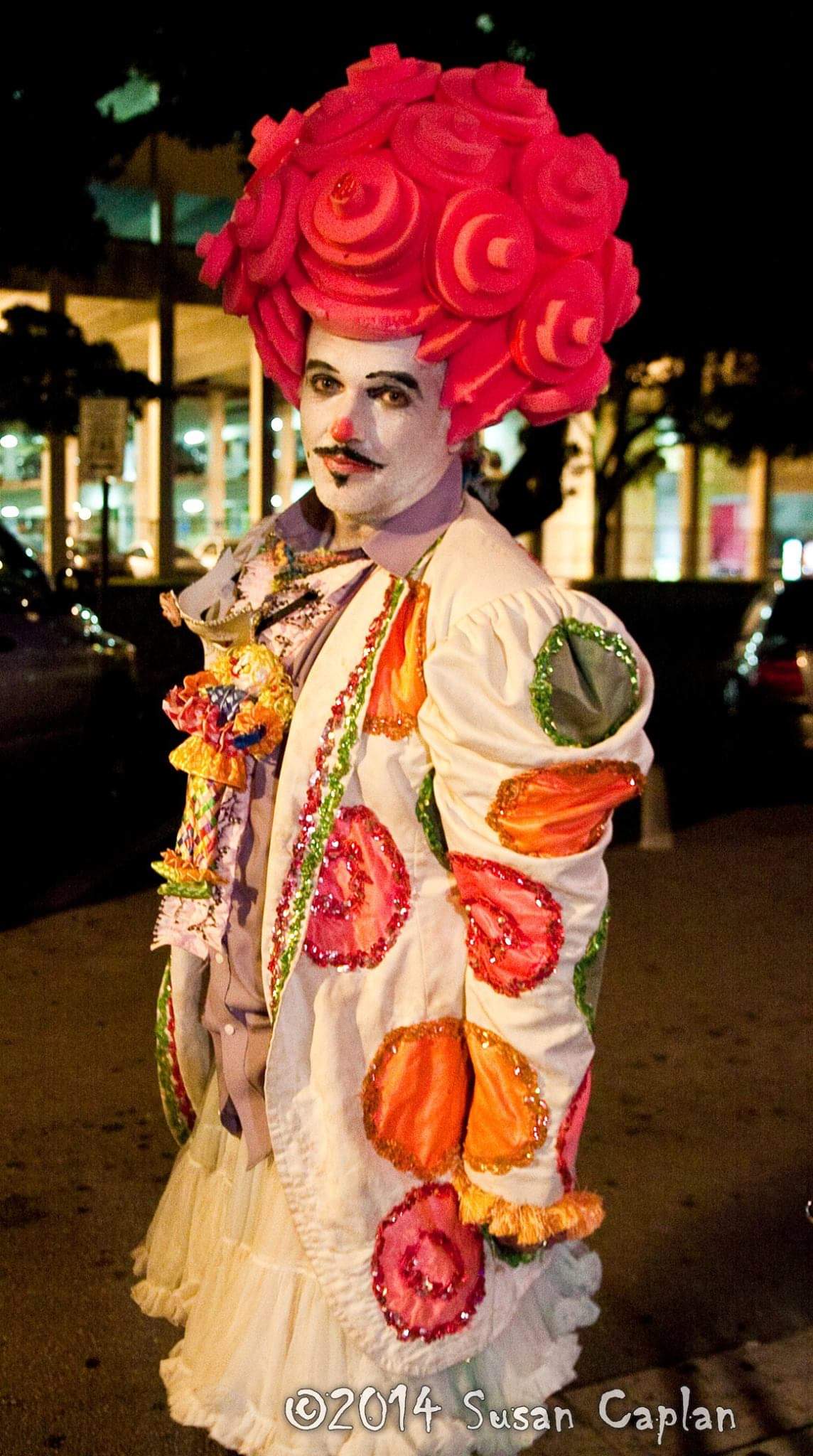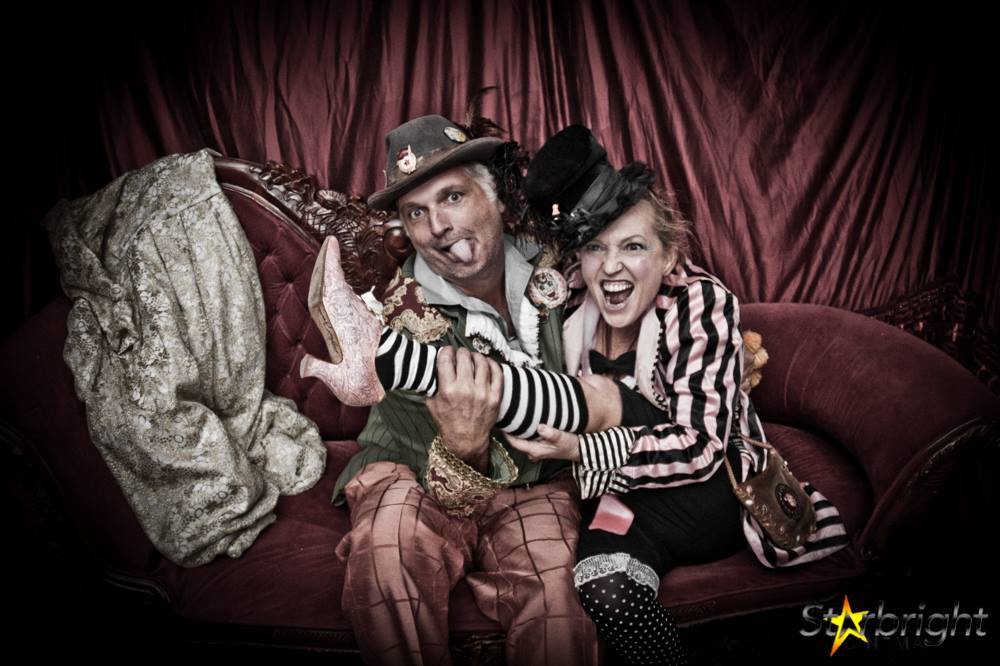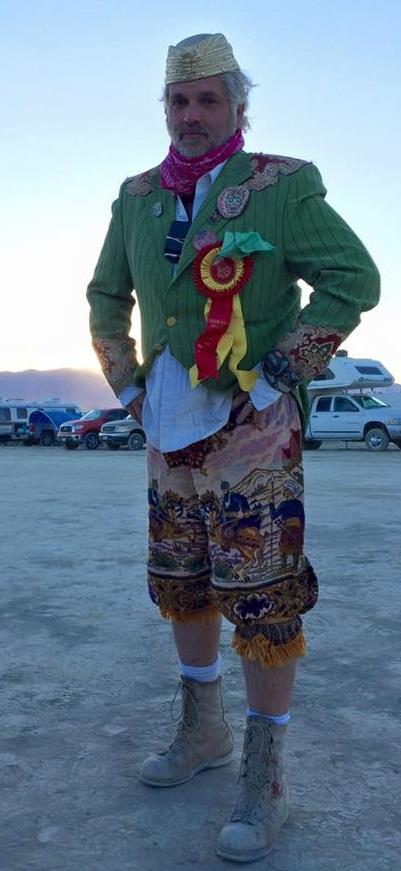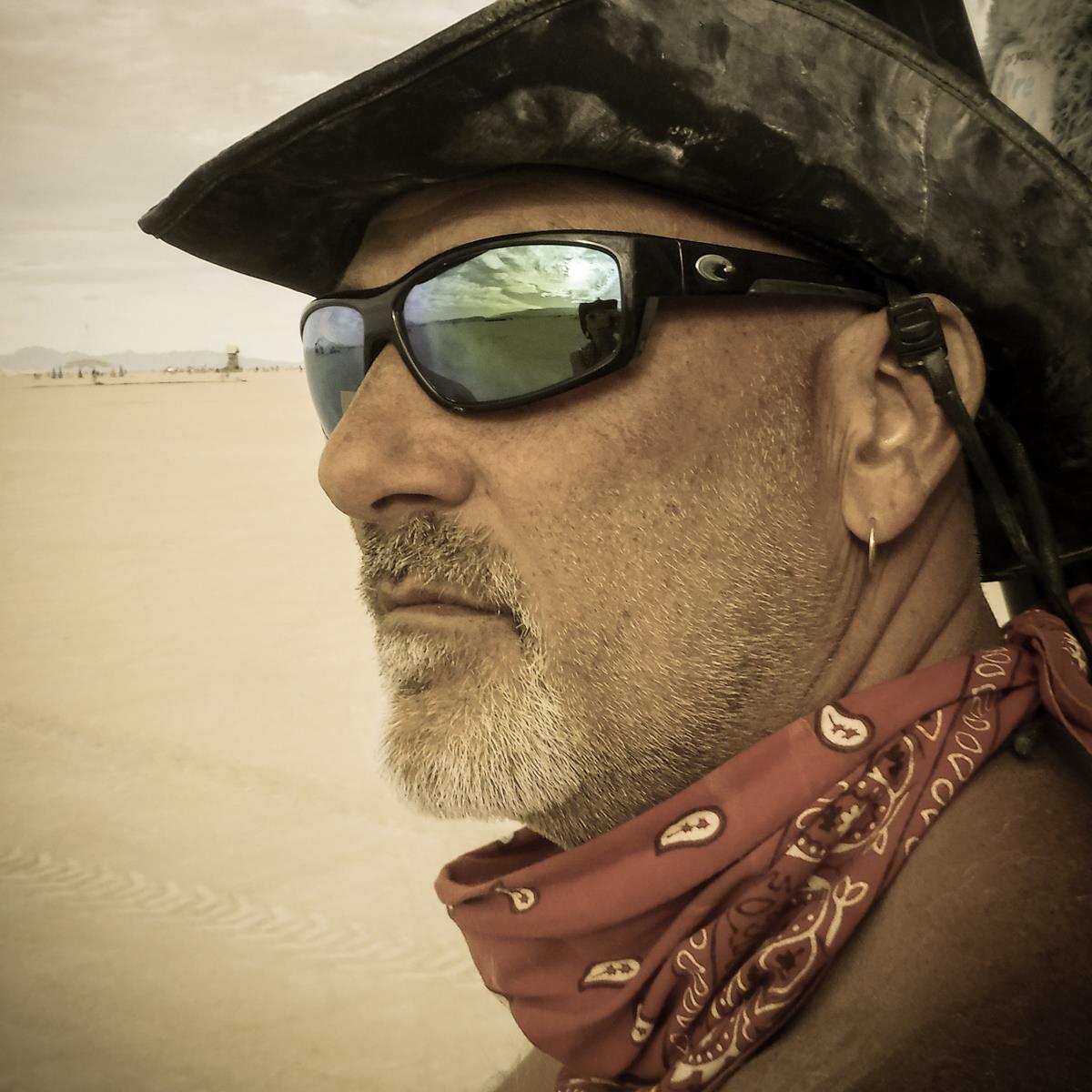Getting Naked with Doug Dodd – Better Know A Burner
Serpentine Rose – Better Know a Burner
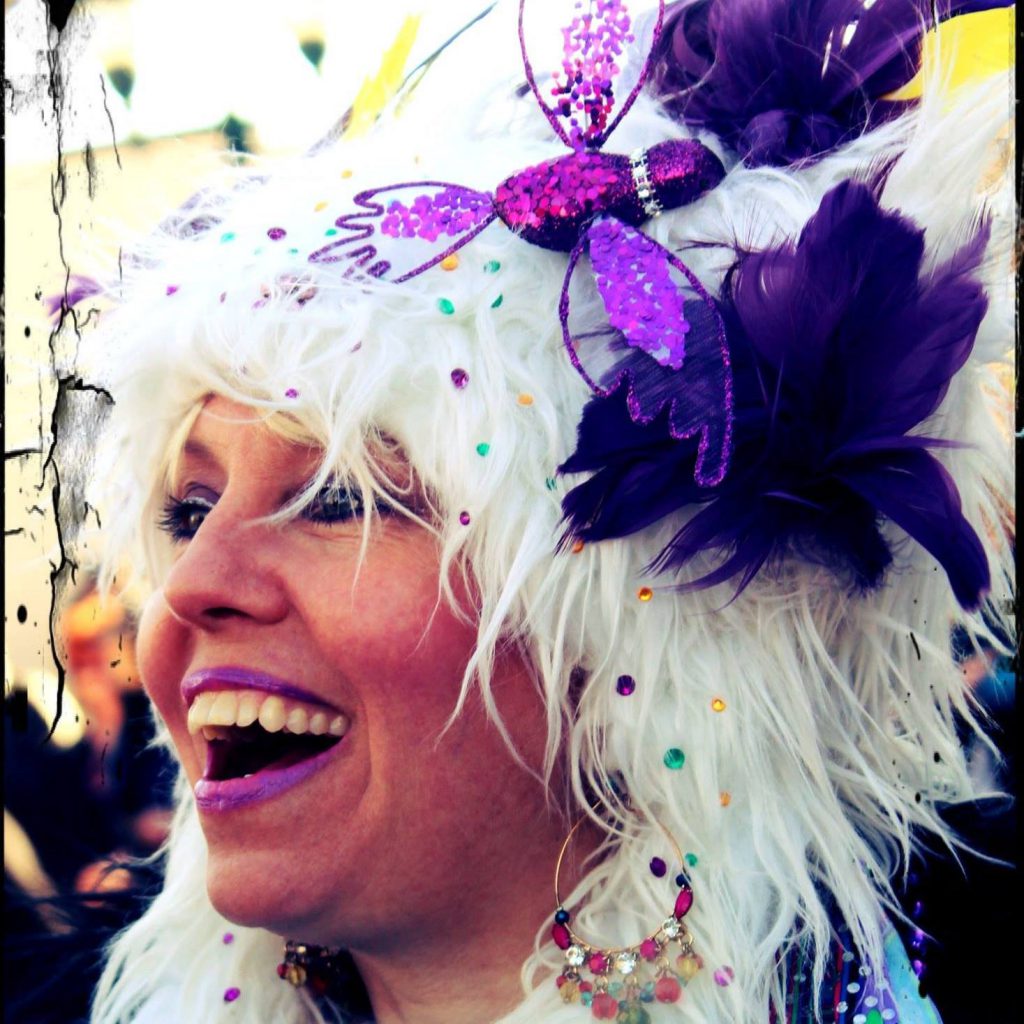
Here’s the song Rose mentions:
Reaper Man – lyrics
Song by Mother Mother
Every good thing, I kill it good
Oh yeah I’m a hooligan
Out in the street making a mess
When I go to the store I go undressed
Oh yeah I’m a sexy mess
Go on the date just to get the dress off
How’d I ever get so lost
Everybody out there on the job
But not me
Not in the face, but in the head
I’m thinking that was best not said
But I say it anyway, then I say it again
they come to find, all is sane
They took a little look at my heart
They found a prince living behind bars
How’d I ever get so lost
Everybody out there on the job, but not me oh no
How’d I ever get so indiscreet, how’d I ever get so freakly
Everybody out there on a leash
But not me
I know I got no choice, got no choice, but to love myself
God knows, you got no choice, got no choice, but to love yourself
God knows, I got no choice, got no choice, got no choice
How’d I ever get so lost (who knows)
Everybody out there on the job, but not me oh no
How’d I ever get so indiscreet, how’d I ever get so freakly
Everybody out there on a leash
But not me

Noni Shipwreck – Better Know A Burner Interview
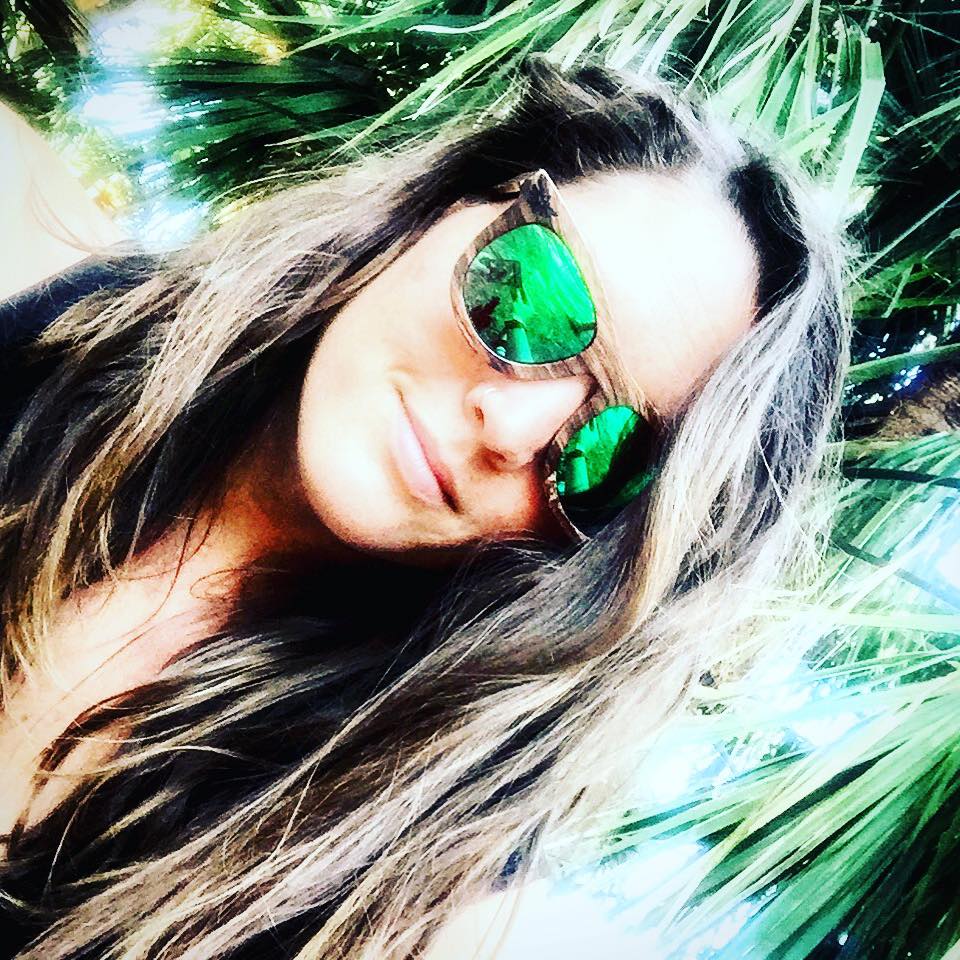
Jethro Grant – Better Know A Burner Interview
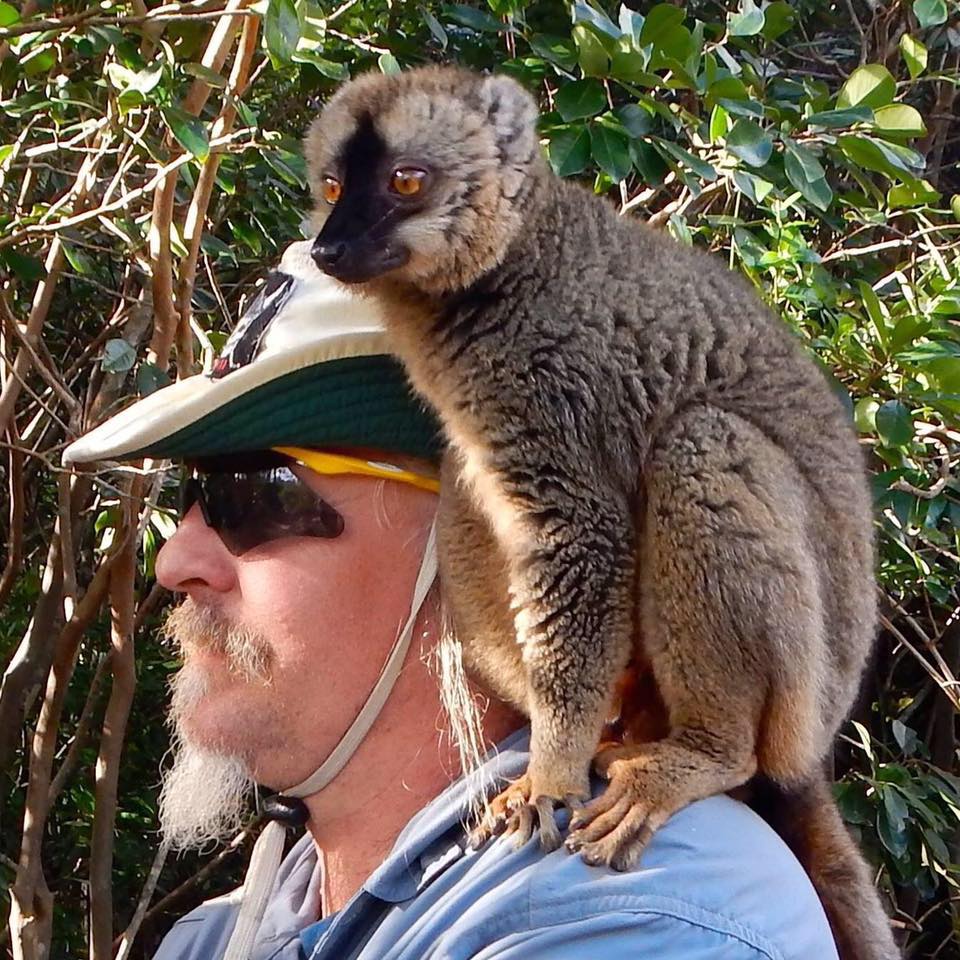
Always interesting to talk with Jethro Grant. I apologize for the slight loss of volume. Jethro’s mic came loose and there’s about 15 minutes of lower volume on Jethro before we discovered and corrected the problem. Enjoy!
Jake Hollifield – The Screaming J’s – Better Know a Burner Interview
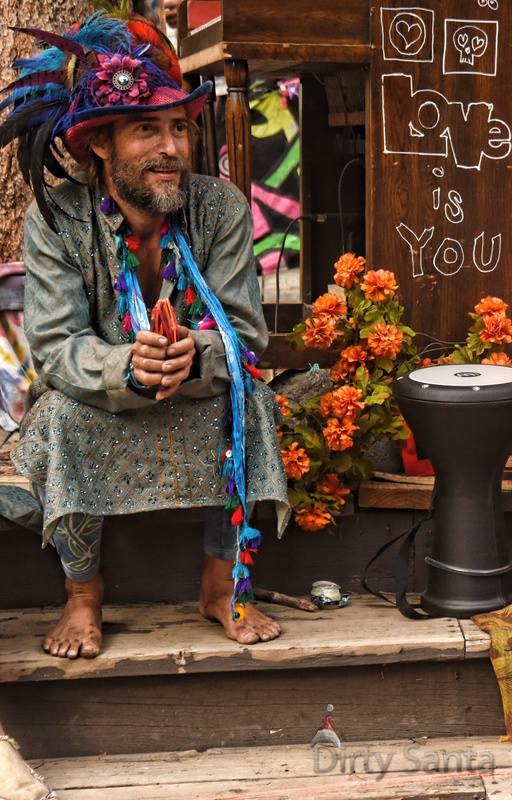 The audio of my interview with Jake suffered from the wind at LoveBurm. I didn’t want it to be a total loss, so I transcribed as much as I could hear and remember. About 5 minutes were lost, but half of that was just me. We recorded in two parts. The first was our interview. The second was recorded with a few friends in a camper away from the wind. You can listen to the second half while reading the first. Enjoy.
The audio of my interview with Jake suffered from the wind at LoveBurm. I didn’t want it to be a total loss, so I transcribed as much as I could hear and remember. About 5 minutes were lost, but half of that was just me. We recorded in two parts. The first was our interview. The second was recorded with a few friends in a camper away from the wind. You can listen to the second half while reading the first. Enjoy.
Part Two – The Songs
Part One – The Interview – Transcribed
Paul:
Hi, I’m Paul Williams, and I’m here with Jake Hollifield at LoveBurn 2019,
This is the first podcast of Better Know A Burner, and I’m here with Jake Hollifield rom the Screaming J’s who a lot of you know is my guest today.
We’re talking in the beautiful Lost Village, sitting on a picnic table and sharing a funny cigarette with the beautiful view across the water as our setting.
We’re going to get down past the superficial conversions we often have. People often like songs and say hello, but these conversations don’t often go very deep. So, we’re going to find out a little more today about a musician we love and learn a little more about how he became the person he is today. So, thanks for joining me today.
Jake:
Thanks for having me.
Paul:
Let’s get into it.
A good place to start might be a transformational memory from your childhood. Tell us how Jake became Jake.
Jake:
I guess I was born Jake, Ha ha
But ever since I was like one year old to ten I could hear like a band playing in my mind and I just started singing along with that band in my mind. You know, one way that my mom used to put me to sleep was to let me ride a racing horse…and the springs, you know I can still remember the springs sounding like the band.
Paul:
Wow, and the rhythm.
Jake:
Yeah, ha ha, and I feel like it’s the same rhythm we’re hearing today to be honest with you. But I can remember hearing the band and hearing the guitar parts and singing along with it. So I’ve always naturally been that way. And then I think it was one late night right before I got off my rocking horse my Mom would hear the tempo slow down and she would grab me to put me down to sleep. And one night she missed and the tempo wend down and she missed and I fell off the horse and busted my head and had to go to the hospital. And I think that event just hammered those memories into my mind.
Paul:
They say, neurons that fire together, wire together and traumatic events can certainly solidify memory. As with you here at such a young age. That’s fascinating.
Were your parents musicians? Did they start you playing early?
Jake:
Well, my Mom and her family sang and we had a piano in the house and I was always really good at picking melodies out and
{Inaudible}
and we sang in church. So that’s kinda how I got started.
Paul:
So gospel was your start?
Jake:
Yes, I joined a group called The New Vibrations and we were kinda like a bunch of young kids, the New Vibrations, singing about Jesus and all, but then I remember after one of the practices, the rehearsals, going to the director and saying, you know, I just don’t feel like I could do this anymore. He’s like, “Why?” I couldn’t do it. I told him i just didn’t believe the lyrics anymore. I’m sorry, I can’t do it.
Paul:
Wow, such a common beginning story for so many great artists. It’s one thing, artist incubation, you have to credit the church. So, where did you grow up? What part of the country?
Jake:
Well, I was born in Charlotte and grew up in a little town called Troutman (Current pop: 2752) North Carolina right around Lake Norman.
Paul:
Small town, North Carolina, almost a model for Mayberry, the Andy Taylor show.
Jake:
Ha ha, yeah, Opie Taylor was my next door neighbor. My Dad watched that show religiously, Every episode.
Paul:
So you basically lived something most people have never seen except on TV. I was fortunate to have had grandparents on my father’s side who lived that way in North Florida. the red clay roads, tin roof houses, homes with big front porches and people sitting out playing music in the evening or heat of the day. I know when you and the band stayed at my house you played some old songs you learned from those old timers that people today never hear. That was one of my favorite memories of your visit. Tell me about some of those. Where did you learn those songs.
Jake:
I try to pick those up wherever I can. Mostly it’s just the need in places where I grew up to find ways to entertain yourself instead of being entertained.
Paul:
I’m in awe of your ability to do that. I mean, just the memory required to remember those lyrics as well at those to all the songs you play and the orchestration required requires some unique brainpower. And then, on the fly, you often modify lyrics to fit the occasion. It’s impressive.
Jake:
I don’t really understand it, I guess it’s just me and how I think. It’s just the addition off a funny, or clever rhyme inserted here or there that then gets solidified by the moment…but um..I guess I’ve just been lucky to think of things , you know?
Paul:
I know the song lyrics “I’m not mad at you, don’t be mad at me” is a favorite of my wife and I. Little things like that resonate and have meaning to individuals that make those songs their favorites. Ha ha
{inaudible section}
You mentioned that your family were church goers. Did that cause a problem when you left?
Jake:
No, my Dad…
{Inaudible section}
They knew me and understood why I left and didn’t seem to worry too much about it.
Paul:
I only ask because I know in many small towns church and the local bar are the only two choices for entertainment and lifestyle.
Jake:
In my case a little of both. ha ha
Paul:
So after leaving the church, what was your first non-gospel band?
Jake:
Well, I was in a band called The Blue Rags. And I was 23 years old and we ended up getting a record deal, on Sub Pop Records, which was a pretty big deal for me at that moment and so I kinda took off with that.
Paul:
What kind of music was it?
Jake:
A lot of the same things you see the J’s do, but basically piano driven …what I would call boogie music, but basically piano driven rhythmical music is what I would say.
Paul:
We grew up during the age of rock and roll. So what was it that attracted you to the older pre-rock boogie sounds?
Jake:
I would listen and pick out old melodies from Van Halen and they are in there clear as a bell to me. So I was lucky in my younger days to have friends who had a deeper understanding of the melodies. So this different kind of music already flowed thru that music for me.
Paul:
So many of the modern songs are modifications or variations of those originals.
Jake:
Yes, and they really just sealing the spotlight by adding some amplification and a bigger stage.
Paul:
I always enjoy seeing how popular your music is here at these burns where electronic music is the norm. It’s like people are craving the old sounds or maybe just craving something different or new. One of the favorite art projects here has been the spinning LEDs on the beach that play classical music. Burners clearly enjoy the variety and appreciate hearing you and the J’s. How many burns have you all been to so far?
Jake:
I feel like we came that first year, we had finished a gig and came and played all Saturday night until 4 the morning and then the next day Sunday. So I think that was 5 years ago. The next year, Glen and Prosperity had us play at their wedding.
Paul:
Wow, I didn’t know that. Glenn and Prosperity basically started LoveBurn and funded it at a loss in those first years and I’m glad we helped pull you into their circle and they obviously fell in love with your music too.
Tell me about meeting the other guys in the band.
Jake:
Well, the first time I met mike Gray, he was 19, going to church, he was singing in the choir. And the Screaming J’s at that time was a guy named Jason Freckle and me and we were just trying to get anything going. We went with whoever we could as drummer at the time. Mike was into this but he had a job that didn’t really work out. But I had him come over to a recording I was doing and that’s when I really got to sit with him and I said, Many, you’re awesome. He had a bass player friend and their sets were awesome, both of them. Hank…Henry, played for…
{inaudible}
…just a top notch musician. and they were kind of a team. Burt the only time me and my friends could practice with them was like Sunday night after like one in the morning. It was like the only open spot. And we ended up hanging out and that’s how Mike and I got together.
And J.P, JP had moved to Ashville to follow some other friends who had a band and they were making some recordings…
{inaudible}
…and that kinda fell thru for him as far as them being a group, but he was still around and working doing LV and he was working in a club that was right next door to a club that was one of the Screaming J’s first weekly paid gigs and he would just show up and he would bring his … his…he was actually the organ player.
Paul:
Oh really? I saw him playing here earlier today and he was quite good. Funny the instrument he then chose to play.
Jake:
We;;, we had that band but eventually lost that weekly gig. And Mike was going to move to Austin, and he actually moved and left for a little while. But then JP said he had this bar that needed a piano player for a while and then later asked if he could help play. And I was like, you can come play, but I can’t pay you anything. He was another organ player and it was like one of the last things I needed right now. But he came with his bass and it’s kinds wild how it all came together. And then Mike came back to town. And then at that point we had it well enough to start rolling around. And it’s wild how it comes together. I went to Bear Creek
{inaudible}
So we went back and I got Mike to come with me and that was the first time we met Coreen and she said you guys need to come play in West Palm. We said we’d love to we just need a gig and a place to stay and she said, no problem. So we’re playing at a club in her town and that’s where we met Heather who got us into a club that she knows. So she’s talking to Coreen telling her about this band she found and Coreen tells her, they’re staying at my house right now. And so, hence the connection. It’s wild, just the magic of how things just came together and led to our playing at our first burn.
Paul:
I remember I was skeptical. Heather said we were going to have a sound camp but it would be centered around this hillbilly boogie band that was going to allow us to keep the music going after the mandatory shut down of amplified music. I wasn’t thrilled. I like the shut-off. I like sleep. I had an image in my head of a hellish Boogie Woogie Bugle Boy nightmare destroying everyone’s sleep. ha ha. But it turned out great and I still remember the joy on people’s faces. The electronics shut down and the entire burn converged on our camp and you guys kept things going till dawn. It was epic. You banging the piano, Mike on drums and JP’s smiling face plucking away that night is the memory of the J’s that always makes me smile.
Jake:
People like us for so many different reasons. Some people think it’s just the music and that’s actually the last thing that it is. Ha ha
Paul:
It’s an important component. But you guys certainly bring the boogie. Everyone here this week knows that you bring a good time.
Jake:
It’s easy when people are having a good time. It’s harder when people are not having a good time and we’re trying to turn that around. Tat’s hard work.
Paul:
Well, I know you guys have become brothers in a way. Traveling around in the van and I’ve seen you play three gigs in a day. Loading up together and setting back up. Some of these places barely paying enough for gas money. That takes some serious commitment. Not may people would do all that without some serious love for the music and the joy in making it. Most people give up and go work in a factory or something. What drives you?
Jake:
I guess we’re just stubborn. Haha
But music for me is really just how I find joy. And even when I’m not feeling well, I just like music and it makes me feel better. And I think that’s really the driving force for me. You know, what else is there? Everybody finds their one purpose and that’s what you do.
Paul:
Music is our oldest art. Archeological digs in places like this find animal skins stretched over tree trunks used to create early drums. It’s our earliest form of communication. The sound of the heart pumping the recreation of the hunt around the fire after the feast. Many believe music predates language and even words.
Jake:
It’s international. It’s universal. Music is just like it’s own language. It’s dynamic and it’s constantly changing but it’s a language thats beyond words. It creates a connection that doesn’t even require language.
Paul:
So true. I love foreign music. Often only because I don’t understand the lyrics. Just the emotion it conveys make lyrics unnecessary. Once of my favorite songs now is Little Darlin by Benjamin Biolay. He sings in French and I have no idea what he’s saying but the the background is sung in English with a southern twang that always reminds me of you. The combination is beautiful.
So lives change. I know both you and JP just had children and the band went thru a little shake up. During that time you started to add some new material. Several slower songs that I really enjoy. I love the boogie, but I also like this new material and I’m happy you kept it in the set every after you all got back together.
Jake:
I gotta keep it new for me too. It’s just me, I think, can I just slow down for a second and will it still sound good? And at first, the answer was, No. I would slow down and it didn’t sound good when my energy was still dinka dinka dink. And I had to play around with it and take a slow song and make it sound better.
Paul:
I think it’s the emotion that comes thru. It transcends the quality of voice. The best rendition I ever heard of You Picked a Fine Time to Leave me Lucille was an old cowboy with one leg and one eye who sang with such emotion of having live it that it brought a tear to my eye.
Jake: I am writing a lot more songs now.
{Inaudible)
Paul:
I should have had you bring your guitar. It would have been nice to add one of your personal songs to the podcast. Maybe we can add that later.
Jake:
Oh, I have the perfect song for it.
Paul:
Tell me about it.
Jake:
{Inaudible – Fortunately Jake repeats this same info again before playing}
… so it’s mainly about thanking people for what they do. We don’t thank people enough. On a professional level, that’s fine. But on a personal level, family, friends, whatever, some people do so much for us that it’s important to take the time to thank them somehow. And that’s what I try to do in this song. What I do now is I wait until the middle of the show and I introduce someone special and then I’ll work them into the song. I call it the birthday song, but it’s really about expressing appreciation and so much more.
Paul:
Awesome. We’ll add it so everyone can hear.
I think one of the most important things artists do is teach expression. So many people just don’t have the words or ability to express what’s in their heart. Like the 14 year old boy who feels the poetry of love in his heart but can barely do more than grunt for the object of his desire. Love longs fill that needed gap. Even here at the burn. I was talking to someone who said they went to a class and one of the projects was they had to class name someone they loved. Then they were supposed to call and tell that person they love them. Over half the class couldn’t do it. They might have picked their mother as the person they most loved. Yet when asked to tell her, they couldn’t.
Jake:
It’s hard. It has to come from the heart.
(Inaudible)
Doing a song for somebody and singing to their eyes. Telling them how much you love them. You know, I’m sure it helps. You’re giving them the suggestions of what to say.
Paul:
Bridging the gap
Jake:
Yeah
Paul:
Even with the boogie. I know your fan base includes several girls who are bold enough to get up and dance first and often alone. And sometimes other women and men will make them feel awkward or like they are showing off or as if they were an unwelcome spectacle. Yet I know they preform a service as important as the music in freeing everyone else, the shy people, to join the dance, or at least tap their toes and bob their heads. Without those bold dancers free enough to express themselves freely, no one would dance. You’ll never have a skinny-dip party unless you have at least one or two nudest friends who jump in first.
Jake:
Ha ha, yeah. I used to have a friend named Tony. She was one of those people. She would come into a place and just pull people out of their seats. With her, it just became contagious. People got out there. I wish we could bring her with us. It just really makes a difference. Now I just have to make that happen. It’s hard without girls who can do that. The guys won’t do it.
Paul:
We’re emotionally stunted like that. We can’t seem get over ourselves and do it.
Jake:
I know a few guys who can. You know, We had this one lady that would come…and I don’t want to say her name…but she came up to me and said, I don’t know why you can’t just sing without all these girls dancing. She just didn’t get it. I feel sorry for her.
Paul:
Dance is so primal. I don’t think people have really lived unless they’ve lost themselves in dance. It’s freedom, like a meditation.
Jake:
I feel that. It’s what I enjoy most about playing for people. It adds to the moment and makes it memorable.
Paul:
Not to get off track but I have to mention what I consider a special moment at this burn. It’s been a rough year in politics with the war on women and yet there was a moment last night where a young woman came and spun fire where a DJ was playing. She was so powerful and confident and so beautiful as a result. Her strength and her precision was symbolic of women being able to be and do anything they chose to do. And when she was done spinning she began to dance. And there was a moment where she sensed that she had become a performer and we had shifted to become her audience and she danced around and out. Looking into people eyes and reaching out to them and pulling them one by one into her circle to dance with her until everyone was dancing and one again. I looked over at my wife Lisa and she just had tears streaming down her face. The enormity of what this girl had done and what it represented and how she had expressed her ability and strength in a way that she not only shared but drew us all in together with her. Such an amazing demonstration of freedom, joy and love. She and others like her, and you are what give me hope for this world. But also great sadness for people like the woman you mentioned above.
Jake:
Ha ha, well I’ve actually seen her tapping her toe a bit so I like to think there’s hope for her too.
Paul:
That’s the magic of the boogie. The right music, the right dance. It’s infectious. Thanks for spreading it and sharing your story today!
Jake:
Thanks Paul
Paul:
Well, we’re about 45 minutes so let’s wrap up.
It’s so windy I just hope this recorded okay,
Note: It didn’t

